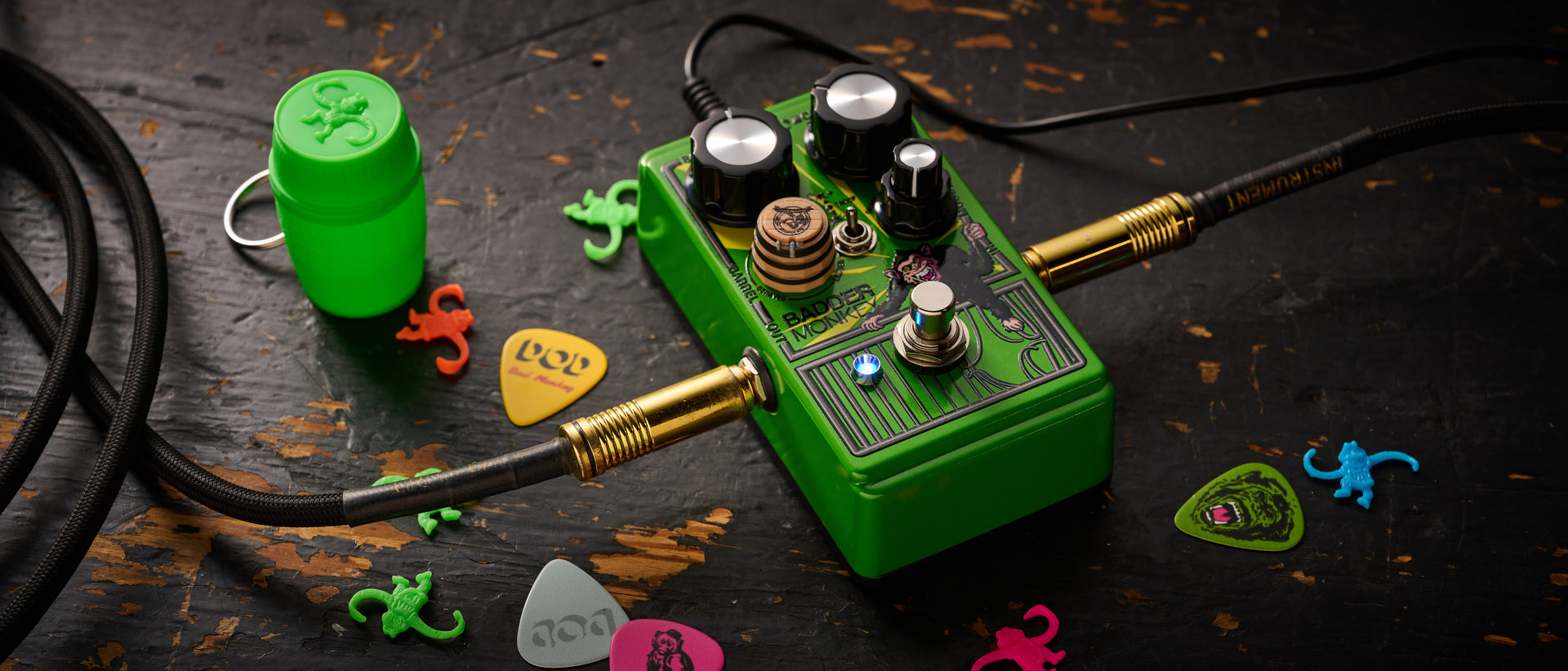Rolling Blackouts Coastal Fever: “This album was definitely liberating”
Steered by their individuality and the “f*** it” attitude that came with COVID-incited uncertainty, Rolling Blackouts Coastal Fever made their own musical multiverse

With their jaunty and jangly second album, Sideways To New Italy, it felt like Rolling Blackouts Coastal Fever had struck gold. Though its inopportune timing meant a fractured touring cycle – the record dropped in June of 2020, after all – it was a critical darling, and debuted at #4 on the ARIA Charts. It’s clear to see why, too: while it retained the band’s loose and lax energy, it felt tight and considered in ways their debut, 2018’s Hope Downs, didn’t. It was a sharply written, summery indie-rock album soaked in good vibes: the kind of release we all needed in that chaotic middle chunk of 2020.
Endless Rooms, by contrast, feels like it was informed by that chaos – it’s a little gloomier, more unhinged and psychedelic. ‘The Way It Shatters’ is sprightly and melodic, but its chord progression feels uneasy – there’s something sinister bubbling away under the surface, waiting for the right moment to strike. ‘Caught Low’, ‘Deep Dive’ and the title track all play with melancholic passages of poignant pseudo-balladry, chasing more upbeat cuts (‘My Echo’ and ‘Vanishing Dots’ for the latter two, respectively) with emotive blows, not unlike the way sudden, drawn-out lockdowns dulled otherwise happy months of 2021.
Too, thanks in no short part to all the extra time they had to work on it, Endless Rooms is undoubtedly Rolling Blackouts’ most expansive and dynamic album. Each of the 12 tracks feel entirely self-contained, like miniature projects that each stand out on their own merits, independent of their grouping. This was intentional – when they announced it, the band said that Endless Rooms would be “almost an anti-concept album”, explaining that the title “reflects our love of creating worlds in our songs”.
“We treat each of them as a bare room to be built up with infinite possibilities,” they continued. And as vocalist, lead guitarist and keyboardist Joe White expounds to Australian Guitar, those possibilities were explored with each member of the band working individually, allowing their full creative potential to be tapped before it was brought to the jam room. It’s a product of circumstance, White admits, but not in the sense that isolation fractured the band’s ethos. Never ones to let a rough time get them down, the band found advantages in their situation, ultimately making Endless Rooms a positive reflection of an otherwise tumultuous time.
Where did the idea to create an “anti-concept album” come from?
I guess this record was unique in that we were all writing these songs fairly separately to each other. They were songs that came about as a result of sitting at home, and they were all songs and ideas that weren’t necessarily written for Rolling Blackouts. We were all just making songs for the sake of making songs, so we had a lot of different, quite diverse styles coming in. And once we finally got together and we were able to bring these songs into the band, we found that they didn’t really sound like the songs you’d hear on a Rolling Blackouts record. We sort of just wrangled all these pieces together to make them playable as a band; a lot of them were made with keys and drum machines and that kind of stuff, so transposing all of that over to the jam room was an interesting experience. It was a very different way of doing things, and I think because of that, all of the songs have their own unique styles.
Writing independently – and not necessarily writing with RBCF in mind – did that lead to some to some more experimental songs coming out?
Yeah, absolutely. That’s how we got a lot of these songs. With a song like ‘The Way It Shatters’, y’know, there’s a lot of synthesiser, and that song was all written on keyboards – there wasn’t really any guitar involved until the band was brought into it. So yeah, that was definitely liberating – the sounds and styles and approaches that we took, that may never have happened if we weren’t writing like that.
As a guitarist, what were some of the new techniques or styles that you explored on this record?
I was at doing a lot of stuff at home. I bought a new microphone, and I was really into messing around with different techniques using that – like putting the mic two metres away and turning the amp up really loud. It just bred some more expensive sounds, I think. We also got our hands on some new pedals – I got this double delay pedal that’s got this big wobble in it, and that informed some of the sounds [on this record] as well.
All the latest guitar news, interviews, lessons, reviews, deals and more, direct to your inbox!
I was also reading about how you’d recorded this album in an old mud-brick house that the Russo family built in the ‘70s. What was that whole experience like?
That was such a great experience! We’d already been going up to this house for years, just as friends, either for parties or for writing and demoing and all that kind of stuff. This house has been a really awesome, lovely home base for us for a while. We weren’t really sure if we’re going to be able to record a whole album in the house, but we went up there with our engineer, Matt Duffy, and we did demos and sort of sussed it out. We got some really interesting sounds out of the drums – the room that the drums were in was just a very unique sounding room. And we were able to isolate all the amps into different bedrooms and up in the mezzanine. So in terms of recording, it was great to be able to use this kind of spiritual home that we’ve been going to for years, and we felt really comfortable there. It was just a good time. It was in the middle of winter, so there was always a big campfire going on outside, and then another fire inside. We ate well, we hung out a bunch… It was fun.
Having that extra freedom, and being somewhere you’d always felt comfortable, was there much improv going on in the sessions?
Not so much in the two weeks that spent at the house, but there always is in the lead-up [to the recording process]. The way we write is that there’ll often be an idea that we’ll play around with, and we’ll just play it on a loop for ten, 20 minutes, maybe hit record on a phone or something, and just try to capture the best bits. Then we’d kind of boil that down, extract all our favorite parts from that ten- or 20-minute jam, and then turn them into parts of the song. So all the jamming [for this record] would have already happened in the lead-up to us heading out to the house.
The record before this one, Sideways To New Italy, that was much more of a process where we were trying to not overwrite these songs – we were trying to have them all be these big jams, and then we’d boil those down. But for this record, the songs were brought to the band in a much more fully-formed way. Finishing a song is always the hardest thing – knowing where to end it, where the crescendo is and all that – but a lot of these songs already had the endings built in, just by way of having nothing else to do at home except write songs.

Ellie Robinson is an Australian writer, editor and dog enthusiast with a keen ear for pop-rock and a keen tongue for actual Pop Rocks. Her bylines include music rag staples like NME, BLUNT, Mixdown and, of course, Australian Guitar (where she also serves as Editor-at-Large), but also less expected fare like TV Soap and Snowboarding Australia. Her go-to guitar is a Fender Player Tele, which, controversially, she only picked up after she'd joined the team at Australian Guitar. Before then, Ellie was a keyboardist – thankfully, the AG crew helped her see the light…
- Ellie RobinsonEditor-at-Large, Australian Guitar Magazine
